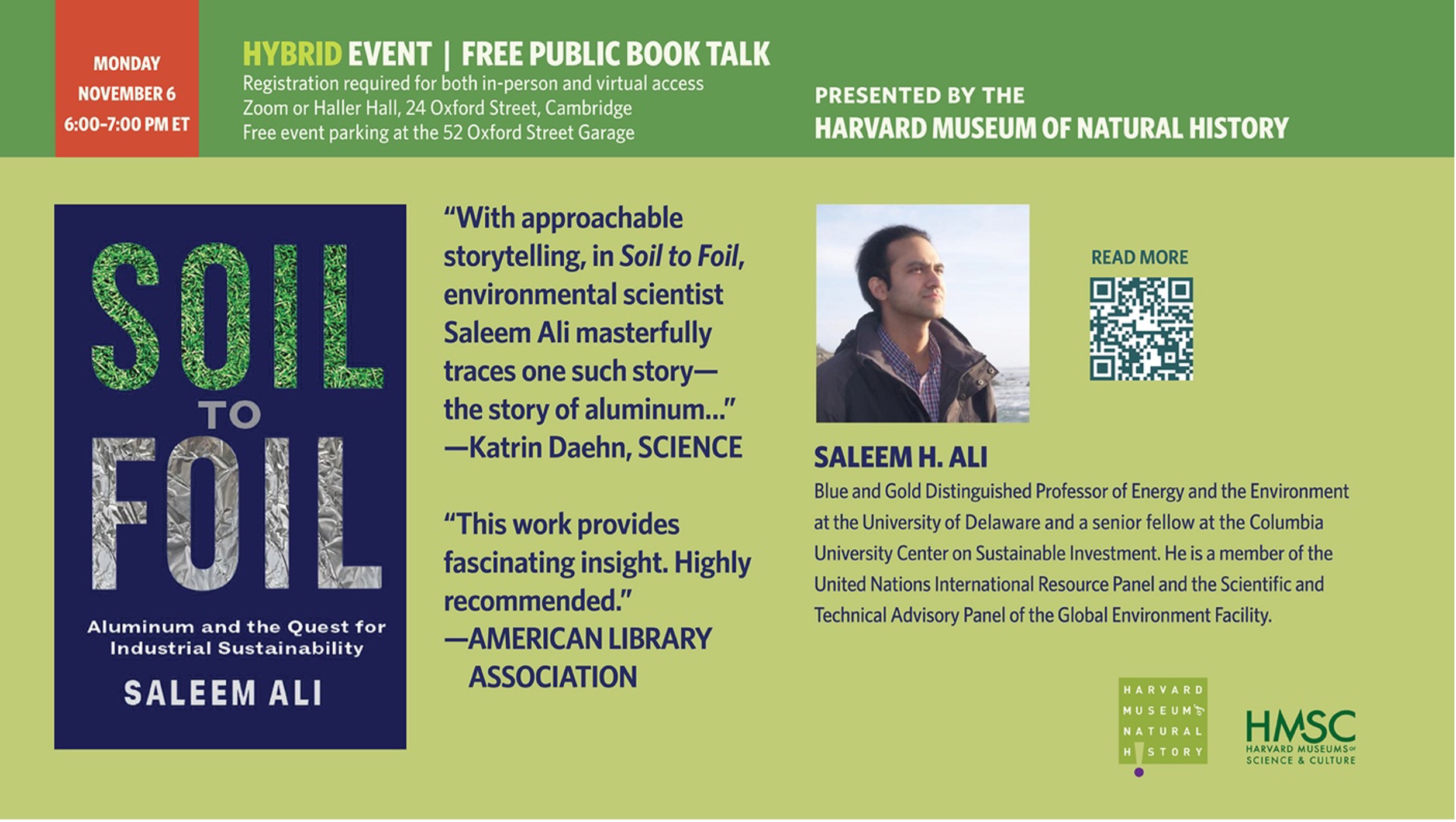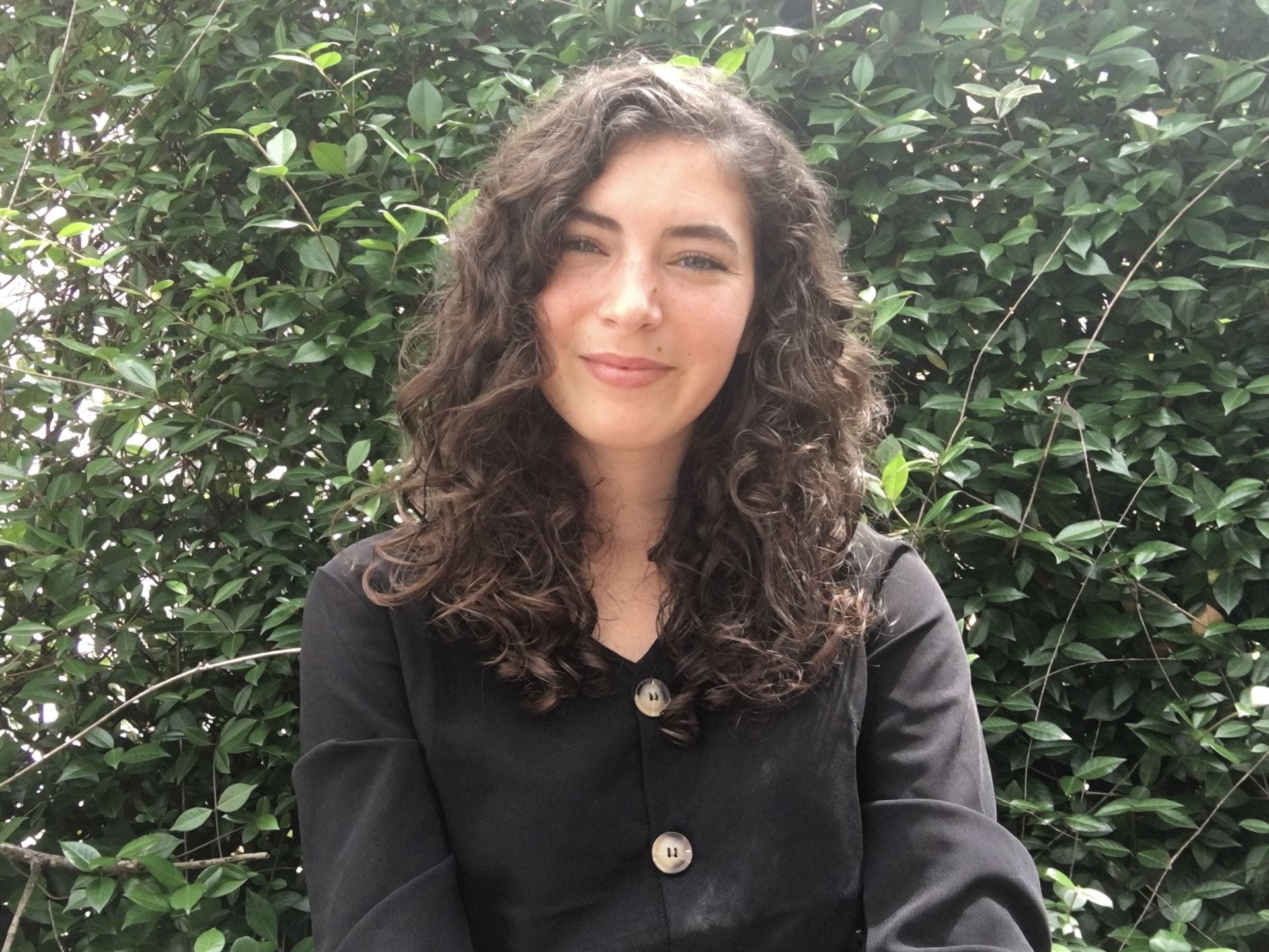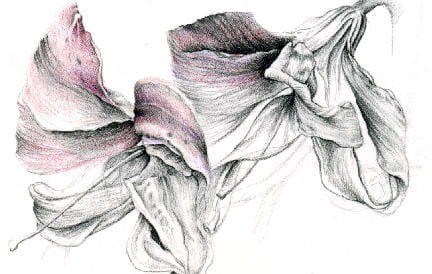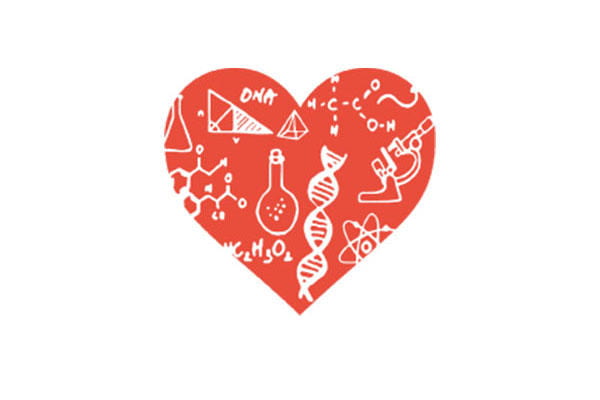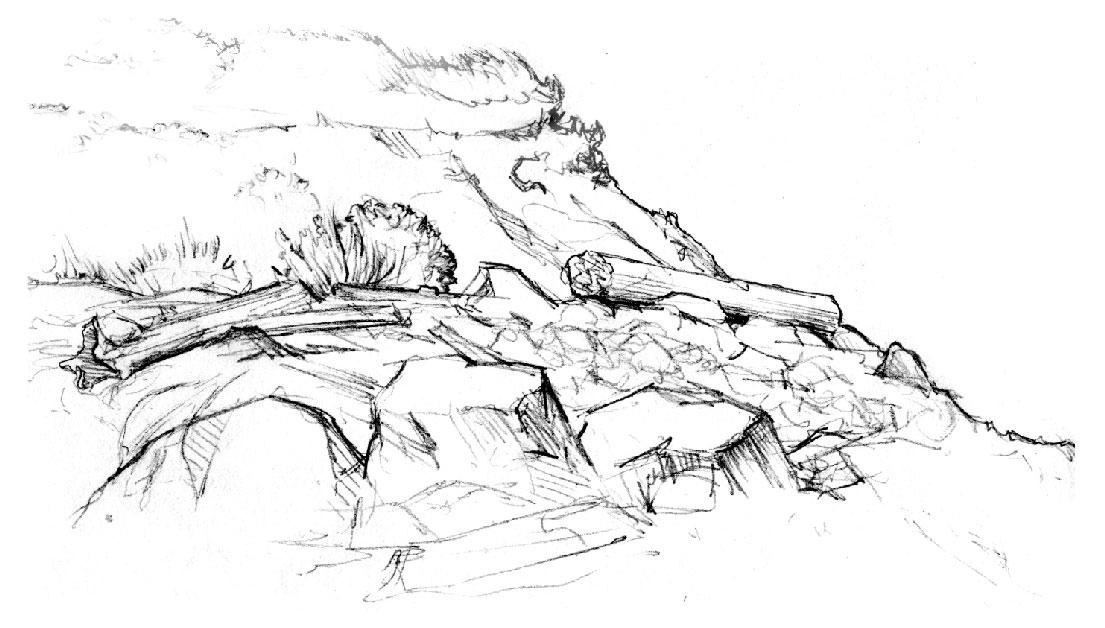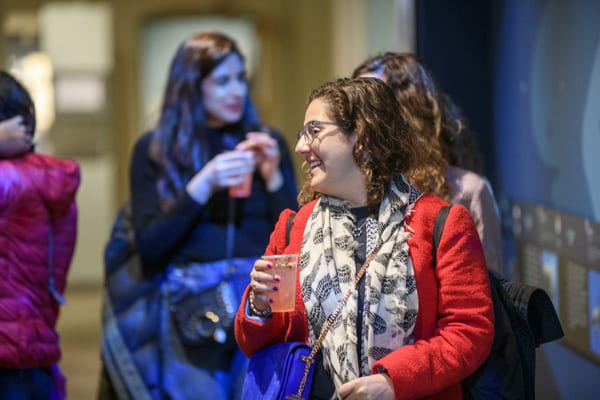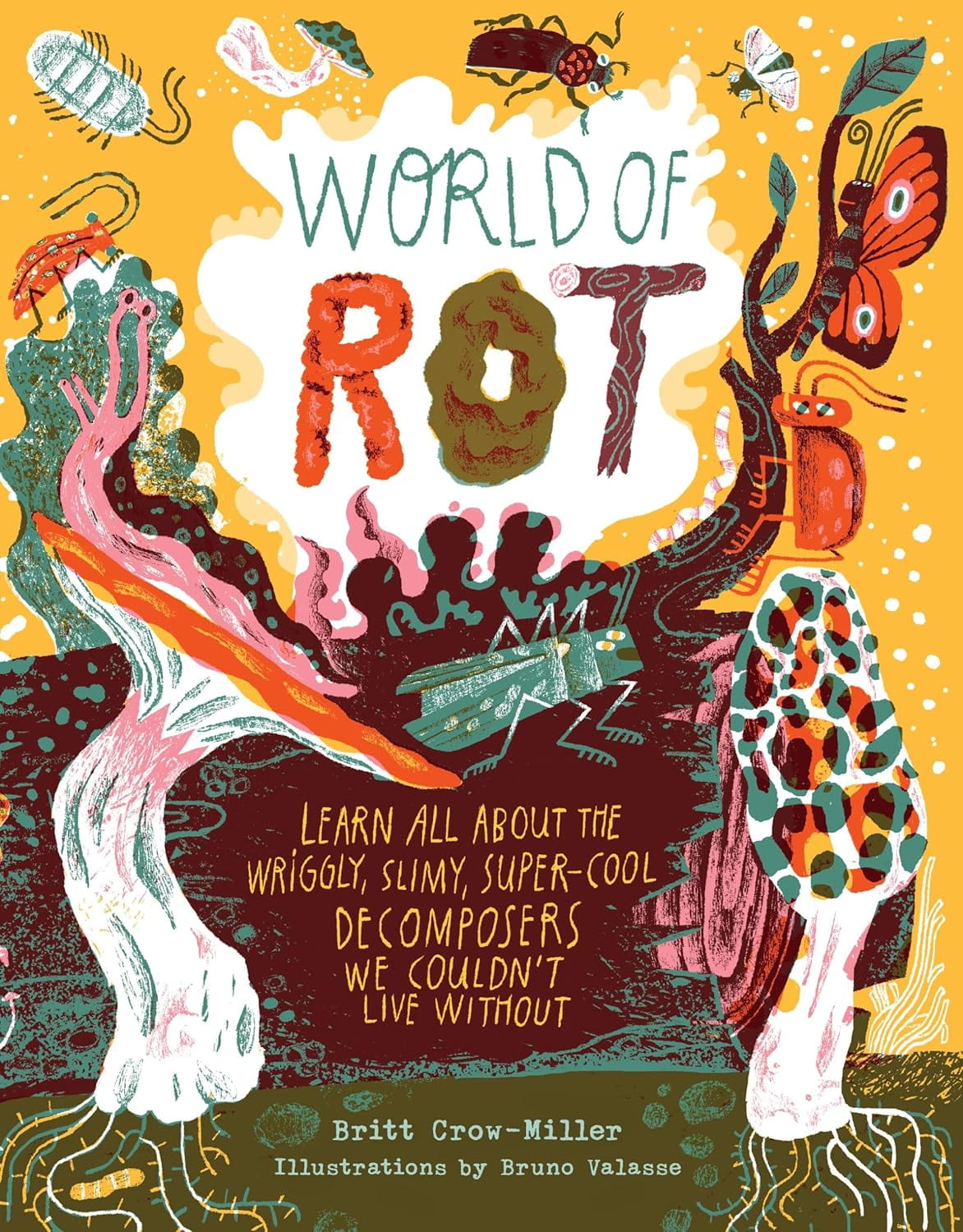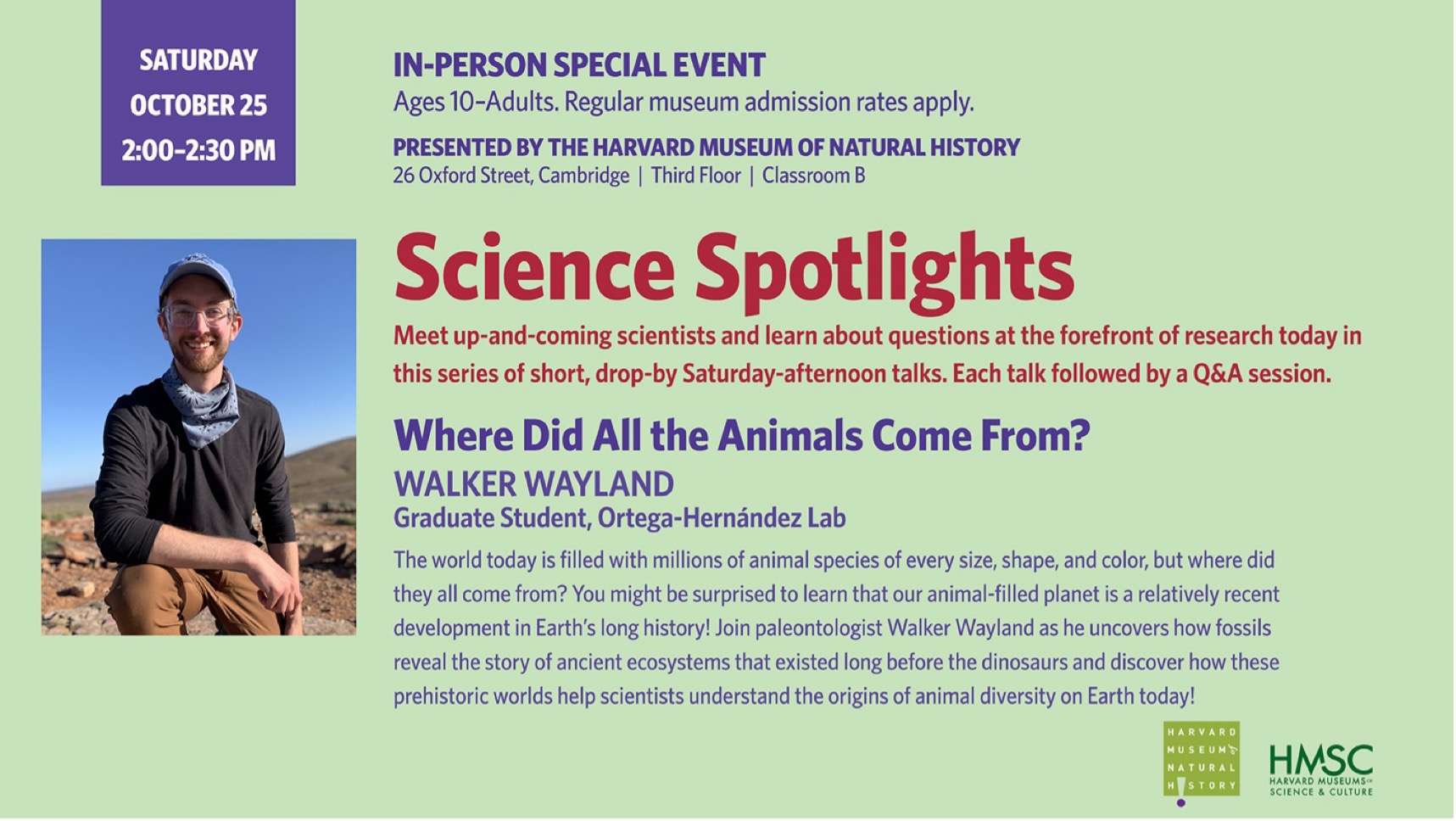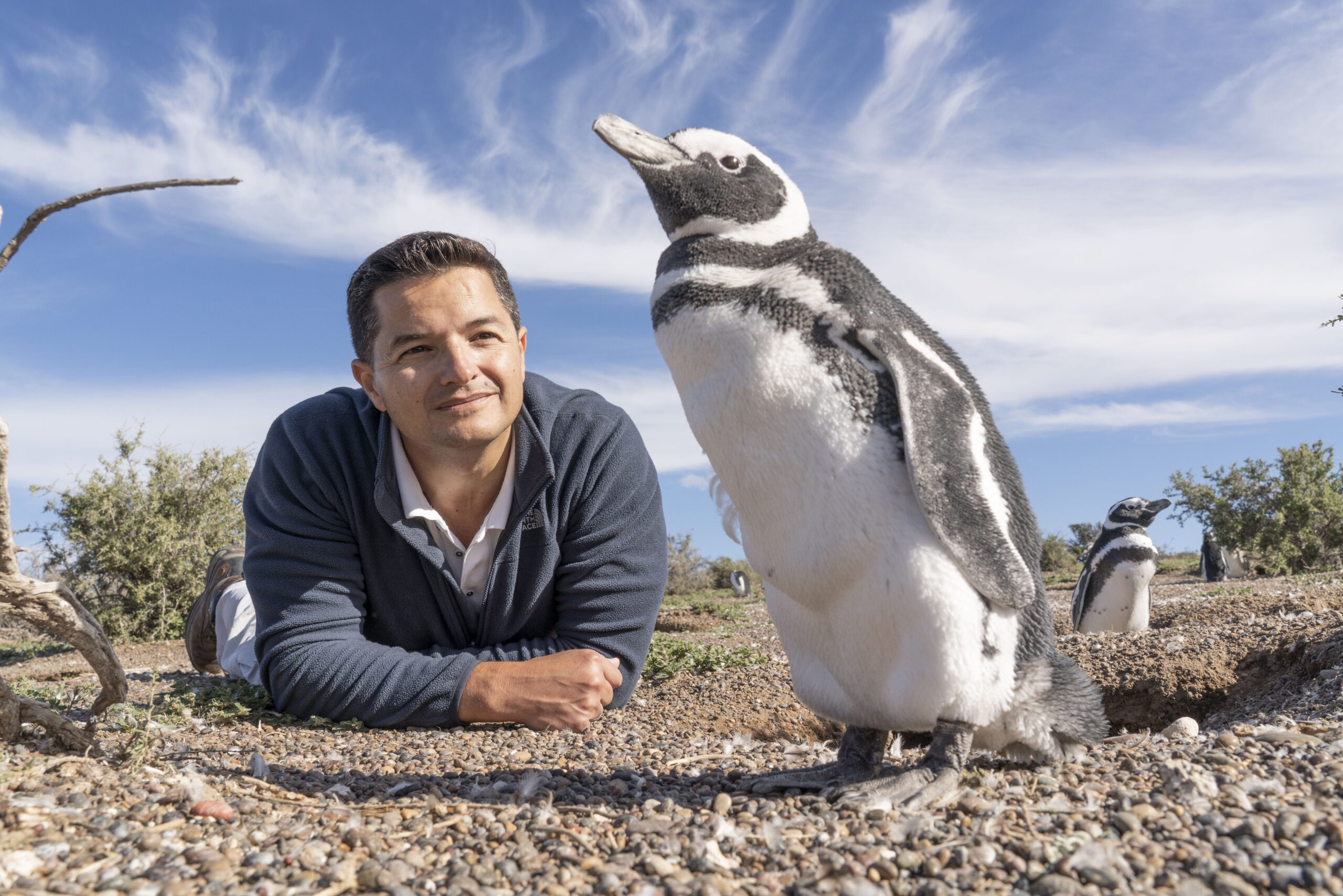
Protecting the World’s Penguins
Geological Lecture Hall 24 Oxford Street, Cambridge, MA, United StatesJoin Dr. Pablo Borboroglu, the 2023 Indianapolis Prize Winner for animal conservation, as he recounts his lifelong journey to save penguins. Dr. Borboroglu will highlight the challenges of conservation work, from protecting 32 million acres of ocean and coastal habitat to cofounding the Global Penguin Society, an international conservation coalition for the world’s penguin species. Hear about the risks and rewards he has experienced while trying to save penguins in some of nature’s wildest places.
